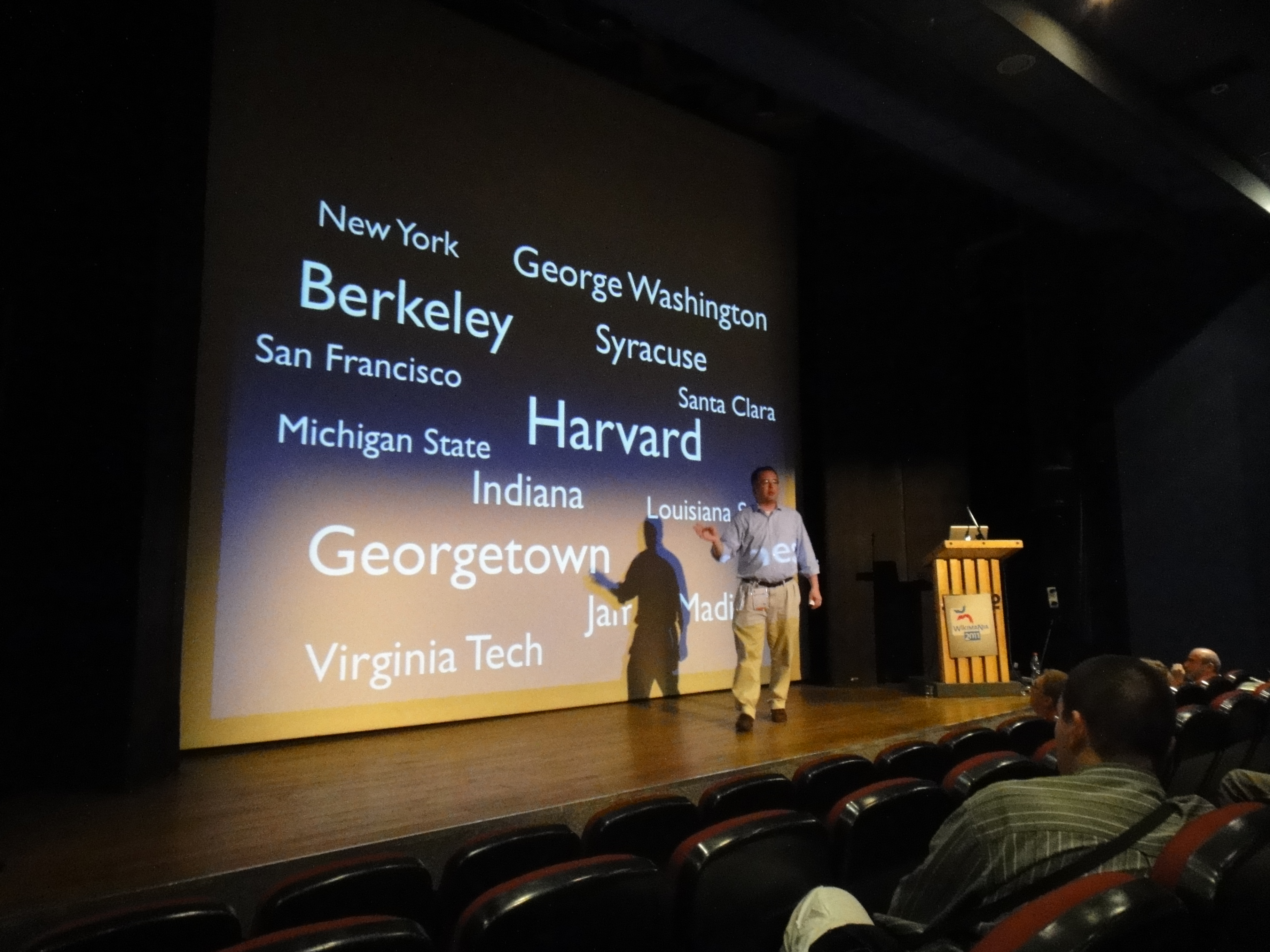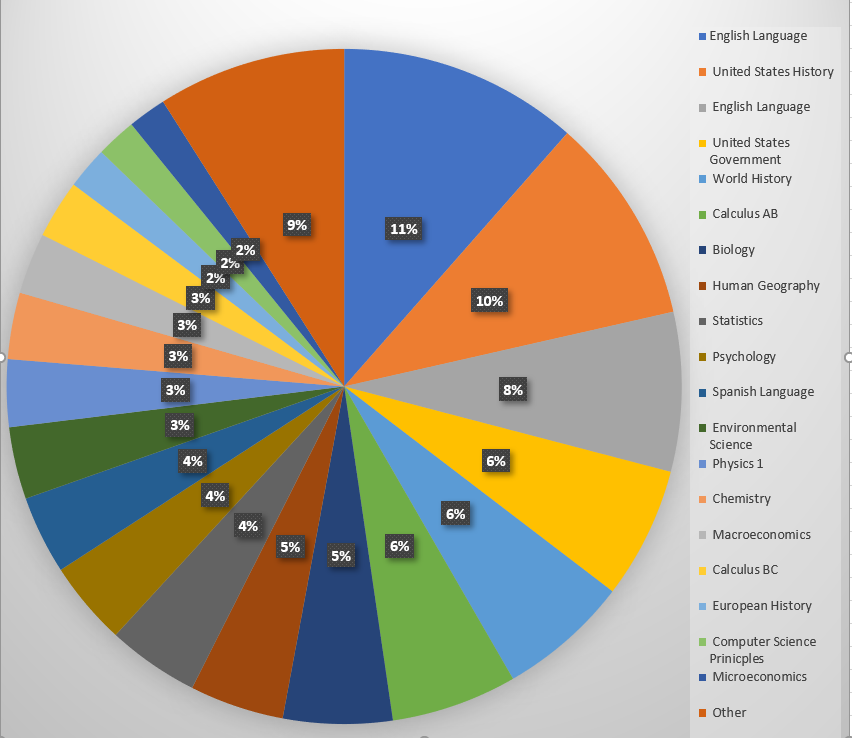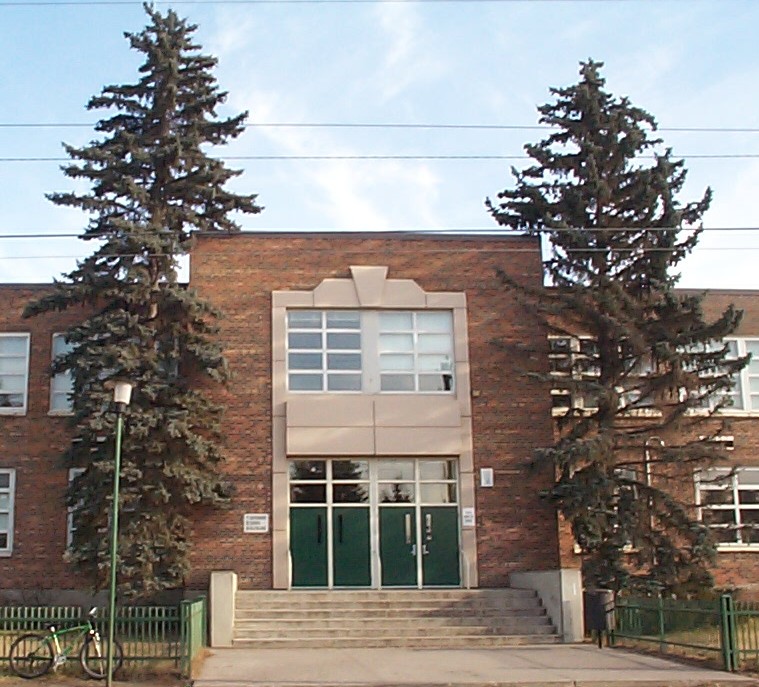|
AP Capstone
AP Capstone (properly the Advanced Placement Capstone Diploma Program) is a 2-year program developed by the College Board, which consists of two courses: the AP Seminar and AP Research. Students who successfully complete the program and obtain scores of 3 or higher on at least four other AP exams receive either an AP Capstone Diploma or an AP Seminar and Research Certificate. History The predecessor to the current AP Capstone program, the AP, Cambridge Capstone Program, was initially offered in 17 high schools worldwide. With the launch of the full AP Capstone by the College Board in fall 2014, the program has expanded to now being offered in 1100 schools. Over 100 colleges and universities support the AP Capstone program. AP Seminar AP Seminar is the foundation course taken in 10th or 11th grade. It provides students the opportunity to develop critical thinking skills and prepare for university. Students explore real-world issues such as innovation, sustainability Speci ... [...More Info...] [...Related Items...] OR: [Wikipedia] [Google] [Baidu] |
College Board
The College Board is an American nonprofit organization that was formed in December 1899 as the College Entrance Examination Board (CEEB) to expand access to higher education. While the College Board is not an association of colleges, it runs a membership association of institutions, including over 6,000 schools, colleges, universities, and other educational organizations. The College Board develops and administers standardized tests and curricula used by Kā12 and post-secondary education institutions to promote college-readiness and as part of the college admissions process. The College Board is headquartered in New York City. David Coleman has been the CEO of the College Board since October 2012. He replaced Gaston Caperton, former Governor of West Virginia, who had held this position since 1999. The current president of the College Board is Jeremy Singer. In addition to managing assessments for which it charges fees, the College Board provides resources, tools, and service ... [...More Info...] [...Related Items...] OR: [Wikipedia] [Google] [Baidu] |
Critical Thinking
Critical thinking is the analysis of available facts, evidence, observations, and arguments to form a judgement. The subject is complex; several different definitions exist, which generally include the rational, skeptical, and unbiased analysis or evaluation of factual evidence. Critical thinking is self-directed, self-disciplined, self- monitored, and self- corrective thinking. It presupposes assent to rigorous standards of excellence and mindful command of their use. It entails effective communication and problem-solving abilities as well as a commitment to overcome native egocentrism and sociocentrism. History The earliest records of critical thinking are the teachings of Socrates recorded by Plato. These included a part in Plato's early dialogues, where Socrates engages with one or more interlocutors on the issue of ethics such as question whether it was right for Socrates to escape from prison. The philosopher considered and reflected on this question and came to the conc ... [...More Info...] [...Related Items...] OR: [Wikipedia] [Google] [Baidu] |
Innovation
Innovation is the practical implementation of ideas that result in the introduction of new goods or services or improvement in offering goods or services. ISO TC 279 in the standard ISO 56000:2020 defines innovation as "a new or changed entity realizing or redistributing value". Others have different definitions; a common element in the definitions is a focus on newness, improvement, and spread of ideas or technologies. Innovation often takes place through the development of more-effective products, processes, services, technologies, art works or business models that innovators make available to markets, governments and society. Innovation is related to, but not the same as, invention: innovation is more apt to involve the practical implementation of an invention (i.e. new / improved ability) to make a meaningful impact in a market or society, and not all innovations require a new invention. Technical innovation often manifests itself via the engineering process when the prob ... [...More Info...] [...Related Items...] OR: [Wikipedia] [Google] [Baidu] |
Sustainability
Specific definitions of sustainability are difficult to agree on and have varied in the literature and over time. The concept of sustainability can be used to guide decisions at the global, national, and individual levels (e.g. sustainable living). Sustainability is commonly described as having three dimensions (also called pillars): environmental, economic, and social. Many publications state that the environmental dimension (also called "planetary integrity" or "ecological integrity") is the most important, and, in everyday usage, "sustainability" is often focused on countering major environmental problems, such as climate change, loss of biodiversity, loss of ecosystem services, land degradation, and air and water pollution. Humanity is now exceeding several "planetary boundaries". A closely related concept is that of sustainable development, and the terms are often used synonymously. However, UNESCO distinguishes the two thus: "''Sustainability'' is often thought of as a lon ... [...More Info...] [...Related Items...] OR: [Wikipedia] [Google] [Baidu] |
Thesis
A thesis ( : theses), or dissertation (abbreviated diss.), is a document submitted in support of candidature for an academic degree or professional qualification presenting the author's research and findings.International Standard ISO 7144: DocumentationāPresentation of theses and similar documents International Organization for Standardization, Geneva, 1986. In some contexts, the word "thesis" or a cognate is used for part of a bachelor's or master's course, while "dissertation" is normally applied to a doctorate. This is the typical arrangement in American English. In other contexts, such as within most institutions of the United Kingdom and Republic of Ireland, the reverse is true. The term graduate thesis is sometimes used to refer to both master's theses and doctoral dissertations. The required complexity or quality of research of a thesis or dissertation can vary by country, university, or program, and the required minimum study period may thus vary significantly in d ... [...More Info...] [...Related Items...] OR: [Wikipedia] [Google] [Baidu] |
Presentation
A presentation conveys information from a speaker to an audience. Presentations are typically demonstrations, introduction, lecture, or speech meant to inform, persuade, inspire, motivate, build goodwill, or present a new idea/product. Presentations usually require preparation, organization, event planning, writing, use of visual aids, dealing with stress, and answering questions. āThe key elements of a presentation consists of presenter, audience, message, reaction and method to deliver speech for organizational success in an effective manner.ā Presentations are widely used in tertiary work settings such as accountants giving a detailed report of a company's financials or an entrepreneur pitching their venture idea to investors. The term can also be used for a formal or ritualized introduction or offering, as with the presentation of a debutante. Presentations in certain formats are also known as keynote address. Interactive presentations, in which the audience is involved ... [...More Info...] [...Related Items...] OR: [Wikipedia] [Google] [Baidu] |
Advanced Placement
Advanced Placement (AP) is a program in the United States and Canada created by the College Board which offers college-level curricula and examinations to high school students. American colleges and universities may grant placement and course credit to students who obtain high scores on the examinations. The AP curriculum for each of the various subjects is created for the College Board by a panel of experts and college-level educators in that field of study. For a high school course to have the designation, the course must be audited by the College Board to ascertain that it satisfies the AP curriculum as specified in the Board's Course and Examination Description (CED). If the course is approved, the school may use the AP designation and the course will be publicly listed on the AP Course Ledger. History After the end of World War II, the Ford Foundation created a fund that supported committees studying education. The program, which was then referred to as the "Kenyon Plan", ... [...More Info...] [...Related Items...] OR: [Wikipedia] [Google] [Baidu] |
2014 Establishments In The United States
Fourteen or 14 may refer to: * 14 (number), the natural number following 13 and preceding 15 * one of the years 14 BC, AD 14, 1914, 2014 Music * 14th (band), a British electronic music duo * ''14'' (David Garrett album), 2013 *''14'', an unreleased album by Charli XCX * "14" (song), 2007, from ''Courage'' by Paula Cole Other uses * ''Fourteen'' (film), a 2019 American film directed by Dan Sallitt * ''Fourteen'' (play), a 1919 play by Alice Gerstenberg * ''Fourteen'' (manga), a 1990 manga series by Kazuo Umezu * ''14'' (novel), a 2013 science fiction novel by Peter Clines * ''The 14'', a 1973 British drama film directed by David Hemmings * Fourteen, West Virginia, United States, an unincorporated community * Lot Fourteen, redevelopment site in Adelaide, South Australia, previously occupied by the Royal Adelaide Hospital * "The Fourteen", a nickname for NASA Astronaut Group 3 * Fourteen Words, a phrase used by white supremacists and Nazis See also * 1/4 (other) * ... [...More Info...] [...Related Items...] OR: [Wikipedia] [Google] [Baidu] |
Canadian Educational Programs
Canadians (french: Canadiens) are people identified with the country of Canada. This connection may be residential, legal, historical or cultural. For most Canadians, many (or all) of these connections exist and are collectively the source of their being ''Canadian''. Canada is a multilingual and multicultural society home to people of groups of many different ethnic, religious, and national origins, with the majority of the population made up of Old World immigrants and their descendants. Following the initial period of French and then the much larger British colonization, different waves (or peaks) of immigration and settlement of non-indigenous peoples took place over the course of nearly two centuries and continue today. Elements of Indigenous, French, British, and more recent immigrant customs, languages, and religions have combined to form the culture of Canada, and thus a Canadian identity. Canada has also been strongly influenced by its linguistic, geographic, and ec ... [...More Info...] [...Related Items...] OR: [Wikipedia] [Google] [Baidu] |
United States Educational Programs
United may refer to: Places * United, Pennsylvania, an unincorporated community * United, West Virginia, an unincorporated community Arts and entertainment Films * ''United'' (2003 film), a Norwegian film * ''United'' (2011 film), a BBC Two film Literature * ''United!'' (novel), a 1973 children's novel by Michael Hardcastle Music * United (band), Japanese thrash metal band formed in 1981 Albums * ''United'' (Commodores album), 1986 * ''United'' (Dream Evil album), 2006 * ''United'' (Marvin Gaye and Tammi Terrell album), 1967 * ''United'' (Marian Gold album), 1996 * ''United'' (Phoenix album), 2000 * ''United'' (Woody Shaw album), 1981 Songs * "United" (Judas Priest song), 1980 * "United" (Prince Ital Joe and Marky Mark song), 1994 * "United" (Robbie Williams song), 2000 * "United", a song by Danish duo Nik & Jay featuring Lisa Rowe Television * ''United'' (TV series), a 1990 BBC Two documentary series * ''United!'', a soap opera that aired on BBC One from 1965-19 ... [...More Info...] [...Related Items...] OR: [Wikipedia] [Google] [Baidu] |
Gifted Education
Gifted education (also known as gifted and talented education (GATE), talented and gifted programs (TAG), or G/T education) is a broad group of special practices, procedures, and theories used in the education of children who have been identified as gifted or talented. The main approaches to gifted education are enrichment and acceleration. An enrichment program teaches additional, related material, but keeps the student progressing through the curriculum at the same rate as other students. For example, after the gifted students have completed the normal work in the curriculum, an enrichment program might provide them with additional information about a subject. An acceleration program advances the student through the standard curriculum faster than normal. This is done through many different approaches. There is no standard global definition of what a gifted student is; multiple definitions exist. Most definitions select the students who are the most skilled or talented in a give ... [...More Info...] [...Related Items...] OR: [Wikipedia] [Google] [Baidu] |





